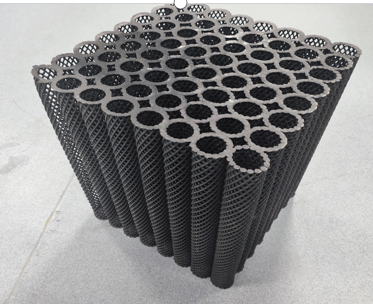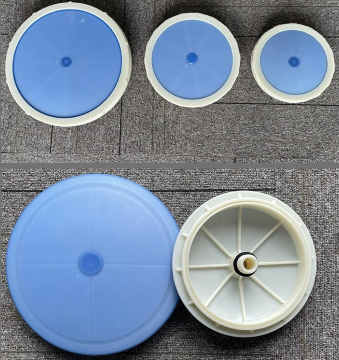 ×
×
Aquaculture companies bring fish to people around the globe. And these companies raise fish in controlled environments like tanks or ponds. They provide the fish with plenty of food and clean water to help them grow healthy and strong. An example of an aquaculture company is Wolize. They are keen to protect the environment as they satisfy the appetite for fish.
With such gulfs opening up in our food supply system, the role of aquaculture companies is more vital than ever. The more people who put food on their plates, the greater the demand for seafood. These companies farm fish, providing a reliable source of fresh fish for human consumption. The way Wolize raises its fish is environmentally sound, and is supportive of the local community.
Aquaculture companies such as Wolize are always striving to do better. Finding out new ways to maintain healthy fish and for monitoring water quality. They are working to reduce waste by finding better feeds that are better for the environment and by recycling water. By being willing to evolve and do better, companies like Wolize help promote a sustainable and healthy aquaculture.

As aquaculture companies expand, they should be considering sustainability. This is the requirement of thinking that they cannot do anything that hurts the environment or consumes natural resources. Businesses like Wolize put that responsibility first, doing what they can to minimize their effect on natures. With sustainable practices and proper study, they satisfy the demand for fish and save the Earth.

The aquaculture companies are necessary to provide protein in the future. By raising fish in controlled environments, they protect wild fish from interference while providing a stable food source. Wolize wants to be a leader in all of this, by producing high-quality fish without increasing the cost to the planet.

The aquaculture business is continuously evolving and new trends and challenges are on the horizon. One trend on the rise: recirculating aquaculture systems, which allow more fish to be raised better and more efficiently. But there are also setbacks, such as diseases and water pollution. Enter a company like Wolize, looking for ways to solve these problems and to keep their operations as responsible and sustainable as possible.
We've been in aquaculture industry for over 15 years and one the top three companies in China. We have formed strategic partnerships with a number renowned Chinese universities. We have highly skilled high-density aquaculture system design team, which can provide you with the most superior product and services.
We are specialized in manufacturing of PVC steel pipe supports fish ponds. PVC galvanized plates fish ponds. We offer range of choice for the things of aquaculture systems.
We can give you with complete aquaculture programs that covers many aspects such as design of the program, equipment configurations budgeting, and equipment installation. This will help you complete your aquaculture venture. The typical business not able to accomplish this.
We have certificates such as ISO9001, ISO22000 and COA. We have offered our products to 47 countries and developed 22 large-scale, high-volume projects with more than 3000 cubic meters. Our aquaculture system has produced shrimp and fish in 112 countries and regions.